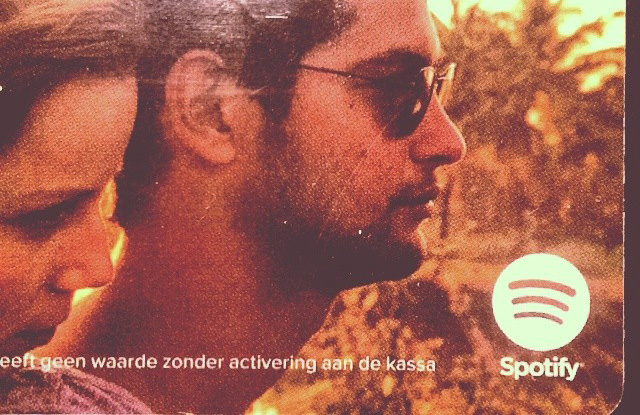Sound City Festival (Liverpool/UK) choose the thematic “the playlist business”. The following is a quick state of play of this creative sector.
If you want to know how youngsters up to 25 years old listen to music, be sure to check inside their smartphones: you will not find much on-board music but many applications such as Spotify, Soundcloud or YouTube. All these apps – especially Spotify – are operated based on playlists, and Spotify even claims to feature more than 2 billion of them on its website.
A playlist is music laid out in an upright string, one track after another up to infinity. It has no other logic than the one you apply to it: it can tell a story hint by subtle hint or serve as an all-day musical wall-paper for Internet users. Tracks rule in a playlist. Therefore a Malian blues track can freely give way to a German Krautrock track.
Today, playlists have become a new way of consuming music, thus blowing apart the music industry’s former codes, among which the album. New professions are popping up such as Playlist Curator or Content Manager. These playlist professionals set the mood of each and every moment of our days and each and every one of our activities. Others are building a true playlist-centered economy by setting up their own playlist channel on YouTube…
How does this economy really work? How could playlists be beneficial to us? Is there such a thing as playlist-tailored creation? As the world of playlists is on the verge of changing the music industry in the long run, many questions arise about how musicians could take to it and make the most of it.
Pic: Lizzi (flickr CC)
